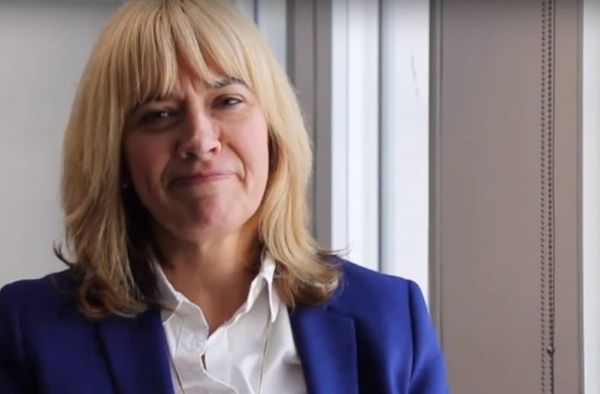Scientists have discovered that some seabirds are demonstrating immunity to avian influenza, a research team lead by the Animal Plant Health Agency (APHA) has said today.
The researchers have developed laboratory tools that can dissect the immune response in birds that have been exposed to avian influenza viruses in their lifetime.
Preliminary investigations in a small sample size of some species of seabird, including Northern gannets and Shag, revealed specific immunity to H5N1 showing exposure and recovery in a proportion of birds. However, avian influenza viruses are prone to change and so antibody levels will likely decline over time with next year’s offspring not guaranteed to be immune suggesting there are no great population level benefits yet.
Scientists hope to look at the effect of antibodies on infection, to better predict the emergence of new viruses with different protein combinations in the future.
Highly pathogenic avian influenza is a significant burden on animal health globally with over 350 infected UK premises detected between 2020 and 2023. Wild bird populations have also suffered significant mortalities across multiple species and wild mammals that have scavenged dead bird carcases have also been infected.
The researchers also identified several genetic characteristics that explain the ability of the current H5N1 viruses to spread fast and infect a greater range of species. They mapped the spread of infection over time and made important discoveries regarding airborne transmission of the virus – determining that infectious virus can only travel short distances (less than 10 metres) and is very unlikely between farms through the air.
To further understanding the terrible disease, including to study immunity in a range of wild birds, an additional £3.3 million from UK Research and Innovation’s (UKRI) Tackling Infections programme and the Department for Environment, Food and Rural Affairs (Defra) has been granted.
Professor Ian Brown, APHA’s Director of Scientific Services and project manager, said: “APHA has led this consortium of the greatest minds from eight world-leading British institutions to address gaps in our understanding of avian influenza and I am excited that we have already made some important discoveries, particularly around the genetic makeup of avian influenza viruses.
“I am pleased that with further funding this work can continue – helping us to control the spread of the disease while furthering UK animal health science and ensuring we maintain our world-leading reputation in the field.”
UK’s Chief Veterinary Officer Christine Middlemiss said: “I am delighted this research project has received further funding. Bringing together all our national experts increases the speed and quality of our understanding of avian influenza and how it behaves in the UK.
“This critical research will aid our development of further strategies to protect our birds and minimise the impact of this dreadful disease.”


